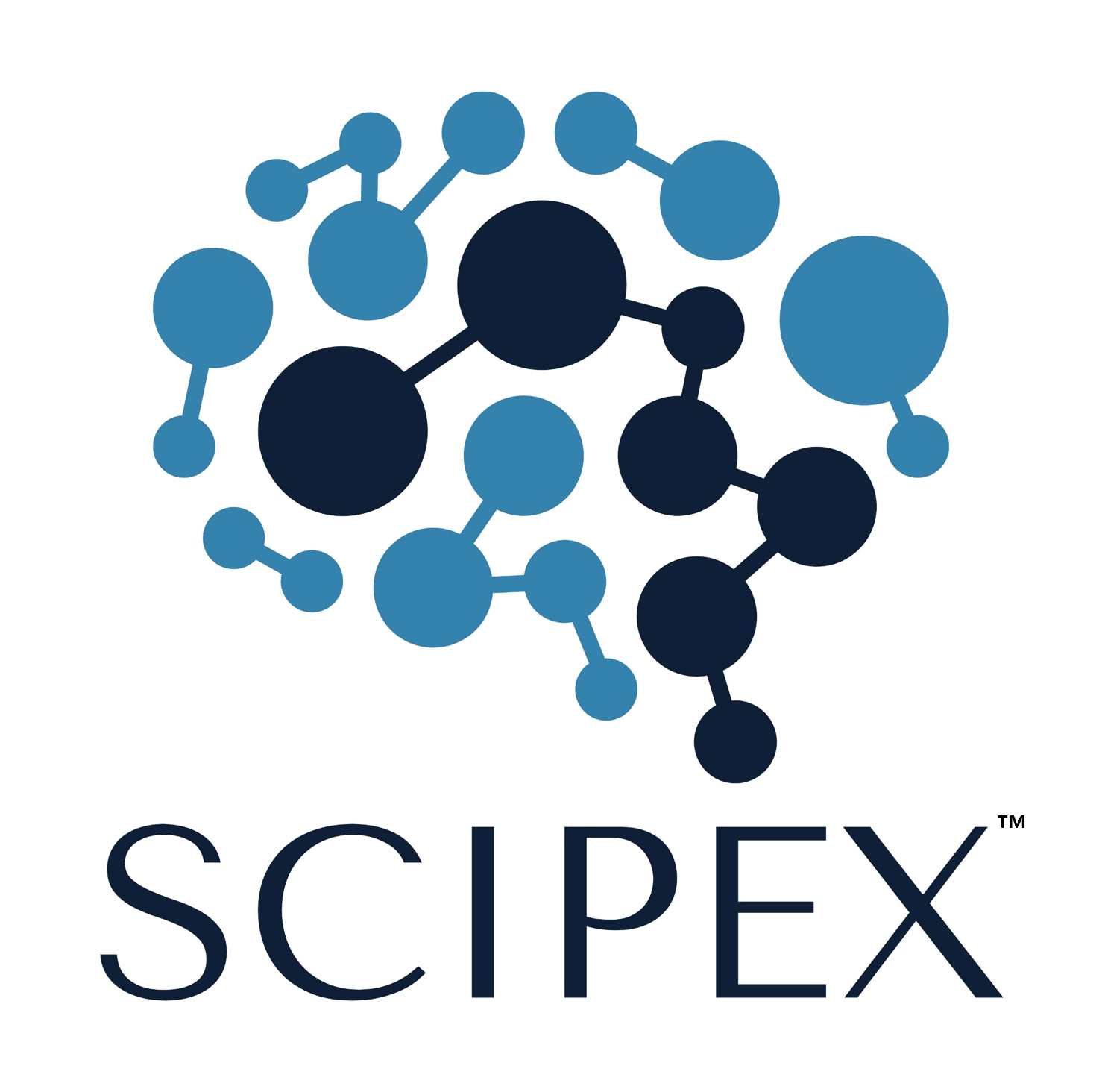Expertise, Passion, and Commitment!
Expertise, Passion, and Commitment!
Scipex Consultants, located in New Jersey, is a leading consulting firm specializing in toxicology evaluation, product safety assessment, and regulatory compliance services. Our expertise extends to human health risk assessment solutions for a wide array of industries, including cosmetics, consumer products, pharmaceuticals, medical devices, and household & hygiene. Our mission is to deliver strong, scientifically grounded, and tailored solutions to address various challenges faced by our clients.
Core Competencies
-

Toxicological Assessment
-

Regulatory Compliance
-

Clinical Testing Support
-

Scientific Writing

Active Collaboration with Diverse Industries
Cosmetics
Personal Care
Pharmaceuticals
Scipex Consultant in USA
Human health risk assessment is vital across various industries, including cosmetics, consumer products, pharmaceuticals, and medical devices. It plays a crucial role in ensuring the safety of these products and protecting consumer or patient health. Here are some key solutions and approaches used in human health risk assessment
Hazard identification: The first step in risk assessment is identifying the potential hazards associated with the ingredients or components of the products. This involves reviewing scientific literature, toxicological databases, and conducting appropriate toxicity studies to understand the potential health effects of the substances.
Toxicity assessment: Also known as a dose-response assessment, in this second step of toxicological risk assessment, various toxicity studies are reviewed for a given ingredient/substance to determine dose-dependent effects, which is critical in assessing the risk. This involves evaluating available data on the toxicological properties of the substances, including acute and chronic toxicity, skin irritation studies, eye irritation studies, skin sensitization studies (allergy), phototoxicity, photoallergy, genotoxicity, carcinogenicity, reproductive and developmental toxicity. Toxicity testing conducted in animals, in vitro toxicity testing, human clinical data, and epidemiological information are used to assess the potential adverse effects.
Exposure assessment: Assessing human exposure to the products/substance is essential for determining the level of risk. This includes evaluating the frequency and duration of product use, the amount applied or consumed, the level of substance in the product, and the potential routes of exposure (e.g., dermal, oral, inhalation). Consumer behavior and usage patterns are considered to estimate exposure levels accurately. The ultimate objective is to determine local exposure (microgram/cm2 skin surface area) and systemic exposure (mg/kg bw/day) to the ingredients or substance or product.
Risk characterization: This final step of risk assessment integrates hazard identification, dose-response, and exposure assessment to estimate the level of risk associated with product use. It involves quantifying the likelihood and severity of adverse health effects based on exposure levels and toxicological data. Risk communication plays a vital role in informing consumers about potential risks and appropriate product use.
Regulatory guidelines and standards play a crucial role in the safety evaluation of cosmetics, consumer products, pharmaceuticals, and medical devices globally. These guidelines ensure that products are developed, manufactured, and labeled in compliance with regulations, prioritizing consumer safety and well-being.
Risk assessment not only ensures regulatory compliance but also promotes the use of safer alternatives and encourages reformulation when necessary. By identifying and replacing harmful ingredients or excipients with safer alternatives or modifying formulations, potential health risks can be minimized, enhancing the overall safety of the products.
Post-market surveillance is a vital aspect of risk assessment, as it allows for the monitoring of product safety once they are in the market. By collecting data on adverse events, consumer complaints, and emerging scientific research, any potential safety concerns can be identified promptly. This enables timely actions such as product recalls, labeling changes, or the implementation of additional safety measures to protect consumers.
By regularly assessing new scientific data and advancements in technology, emerging risks can be identified and addressed proactively. This ensures that safety measures are up-to-date and aligned with the latest scientific knowledge.
Overall, human health risk assessment plays a vital role in safeguarding consumer/patient health and maintaining the integrity of the industries. It ensures thorough evaluation, regulatory compliance, and continuous improvement, leading to the development and use of safer products for consumers/patients worldwide.
Let’s connect!
FAQs
-
Regulatory Authorities: The primary regulatory authority for cosmetics in the USA is the Food and Drug Administration (FDA). In Europe, the safety assessment of cosmetics is governed by Regulation (EC) No 1223/2009 of the European Parliament. To learn more about cosmetics regulations and the authority overseeing them in Europe, you can refer to the latest information available on Regulation 1223/2009.
Trade Associations and Organizations: Industry associations and organizations in the cosmetics sector, such as the Personal Care Products Council (PCPC), the Cosmetic Ingredient Review (CIR), Research Institute for Fragrance Materials (RIFM), and the Independent Beauty Association (IBA), can provide resources, guidance, and access to experts in risk assessment. These organizations often offer resources, workshops, and networking opportunities that can be helpful in navigating cosmetics regulations and risk assessment.
Cosmetic Industry Consultants: There are consulting firms and professionals specializing in cosmetic regulations and risk assessments. They can offer guidance on FDA compliance, safety assessments of ingredients, labeling requirements, and other aspects related to cosmetics risk assessment. These experts can help you navigate the regulatory landscape and ensure that your products meet the necessary safety standards.
Toxicology Experts: Toxicologists with expertise in evaluating ingredients, raw materials, and products can provide valuable insights into hazard identification and risk assessment. They can help assess potential risks associated with specific ingredients or formulations and offer advice on appropriate risk management strategies.
-
Human health risk assessment is crucial for cosmetics to ensure consumers’ safety. It helps identify and evaluate potential risks, such as skin irritation, allergies, or systemic toxicity, associated with the use of cosmetic products. By conducting risk assessments, manufacturers can make informed decisions, implement appropriate risk management strategies, and ensure that their products are safe for consumer use.
-
Scipex is a consulting firm specializing in toxicology assessment and regulatory services in the USA. We provide expertise and guidance on the evaluation of the potential health risks associated with various products, including cosmetics, pharmaceuticals, medical devices, and consumer goods.
-
Scipex offers a range of services related to toxicology assessment. We can assist with literature search, hazard identification, reviewing and performing toxicological assessments, exposure assessments, and risk characterizations. Our expertise covers areas such as toxicological data evaluation, safety assessment of ingredients/substances/excipients, development of risk assessment strategies, and regulatory compliance. We can tailor our services to meet your specific needs and requirements.
-
Yes, Scipex can provide assistance with cosmetics risk assessments. With our expertise and experience, we can help evaluate the safety of cosmetic ingredients, assess potential risks associated with product use, and develop effective risk management strategies. Whether you require assistance with ingredient safety evaluations, compliance with labeling requirements, or comprehensive risk assessment for your cosmetic products, Scipex can offer expert guidance and support.
-
Yes, Scipex can provide assistance with the Toxicological Risk Assessment (TRA) of Medical Devices, including extractable and leachable assessments. We have the knowledge and expertise to evaluate the toxicological hazards associated with medical devices, assess potential risks to human health, and develop appropriate risk management strategies. We are well-versed in the requirements outlined in ISO 10993, including test selection, material characterization, and solvent selection. Our team can guide you through the TRA process to ensure the safety and regulatory compliance of your medical devices.
-
Scipex offers comprehensive services to support the pharmaceutical industry in toxicological risk assessment and regulatory compliance. Our expertise includes deriving health-based exposure limits, such as Permitted Daily Exposure (PDE) and Occupational Exposure Limit (OEL), to ensure the safety of pharmaceutical compounds. We also specialize in the toxicological evaluation of degradants, impurities, residual solvents, and excipients, providing valuable insights into their potential risks. Additionally, Scipex assists in the preparation of preclinical documents for regulatory submissions, such as pre-IND briefing packets ensuring compliance with regulatory requirements.
-
At Scipex, we recognize the significance of effectively communicating your research findings within the wider community of research scientists. Our team is skilled in assisting you in developing a strong manuscript, often derived from Clinical Study Reports (CSRs), which exemplifies scientific rigor. We collaborate closely with you to ensure the timely preparation of a well-organized and scientifically robust manuscript that reflects your study outcomes. Additionally, we customize the manuscript to adhere to the publication requirements of reputable journals, thereby expediting its acceptance for timely publication.
-
To get in touch with Scipex for a toxicology assessment consultation or to inquire about our services, please visit our official website at scipex.com. There you will find our contact information. Alternatively, you can reach out to us via email or phone, as the details are provided on the website, to discuss your specific needs.








